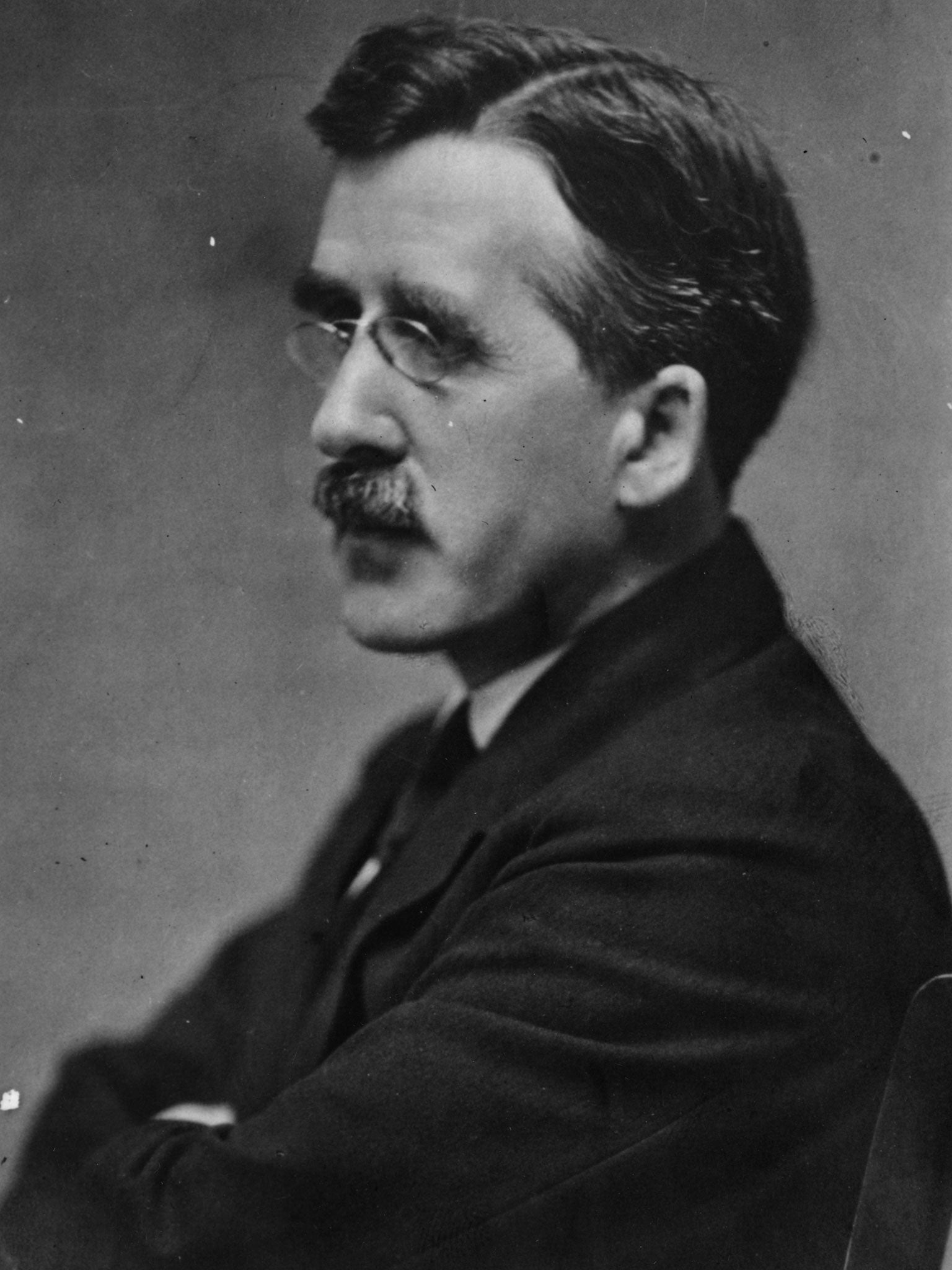
Your support helps us to tell the story
From reproductive rights to climate change to Big Tech, The Independent is on the ground when the story is developing. Whether it's investigating the financials of Elon Musk's pro-Trump PAC or producing our latest documentary, 'The A Word', which shines a light on the American women fighting for reproductive rights, we know how important it is to parse out the facts from the messaging.
At such a critical moment in US history, we need reporters on the ground. Your donation allows us to keep sending journalists to speak to both sides of the story.
The Independent is trusted by Americans across the entire political spectrum. And unlike many other quality news outlets, we choose not to lock Americans out of our reporting and analysis with paywalls. We believe quality journalism should be available to everyone, paid for by those who can afford it.
Your support makes all the difference.For readers of a certain age, this self-taught Victorian's name will ring a bell. Born near Nottingham in 1875, second of 10 children, Arthur Mee became a newspaper editor by the age of 20 and was soon the literary editor of the Daily Mail, where he expounded the patriotic, moral, temperance-driven views of his Baptist upbringing.
The editor of The Harmsworth Self-Educator ran a children's newspaper – subtitled "The most cheerful newspaper in the world" – for 46 years. But before we write him off, let's look at his masterwork, The Children's Encyclopedia, which eventually ran to 10 volumes. It's not an actual encyclopedia but an "encyclical", endlessly revolving around its data. There's the usual jingoism that peppers books of this period, but also much to enjoy, even if Mee's contributors had a skewed grasp of world history. Each chapter ends with "Things To Make and Do", including dolls made from clothes pegs, ice made without a freezer, deer-stalking, how to fasten a door that has no lock, making cases for hankies and gloves, and the Chinese method of building railways (I found all these by allowing one volume to fall open at a single double page). Want to mark your name on fruit? Build an hour-glass? Keep a goat as a pet? Blow a brick over on a table? Here's how.
In the quiz "What is wrong with this room?" one answer reads: "The maid is unable to use the coal scuttle without a handle." There are also lovely magic tricks and puzzles that come from a time of "making one's own amusement", and an emphasis on encouraging children to do rather wonderful things, like making an orchard from a dining table and cutting up apples without peeling them. There's poetry, art, biology, biography, history and literature, but also "Amusement With Stops and Commas" and the alarming "Must All Things End?" Indeed, many serious questions are asked, from why we should do good to whether we should eat meat (surprisingly, vegetarianism gets a fair trial). There are also sections exploring big ideas, like instinct, freedom and liberalism. Mee was keen on instilling enlightenment and adopted a similar approach for his book London – Heart of the Empire and Wonder of the World. He cheerfully admitted that he knew nothing about children, and has been the subject of revisionist scorn, but he encouraged ankle-biters to think and create for pleasure, instead of passively idolising celebrity.

Join our commenting forum
Join thought-provoking conversations, follow other Independent readers and see their replies
Comments